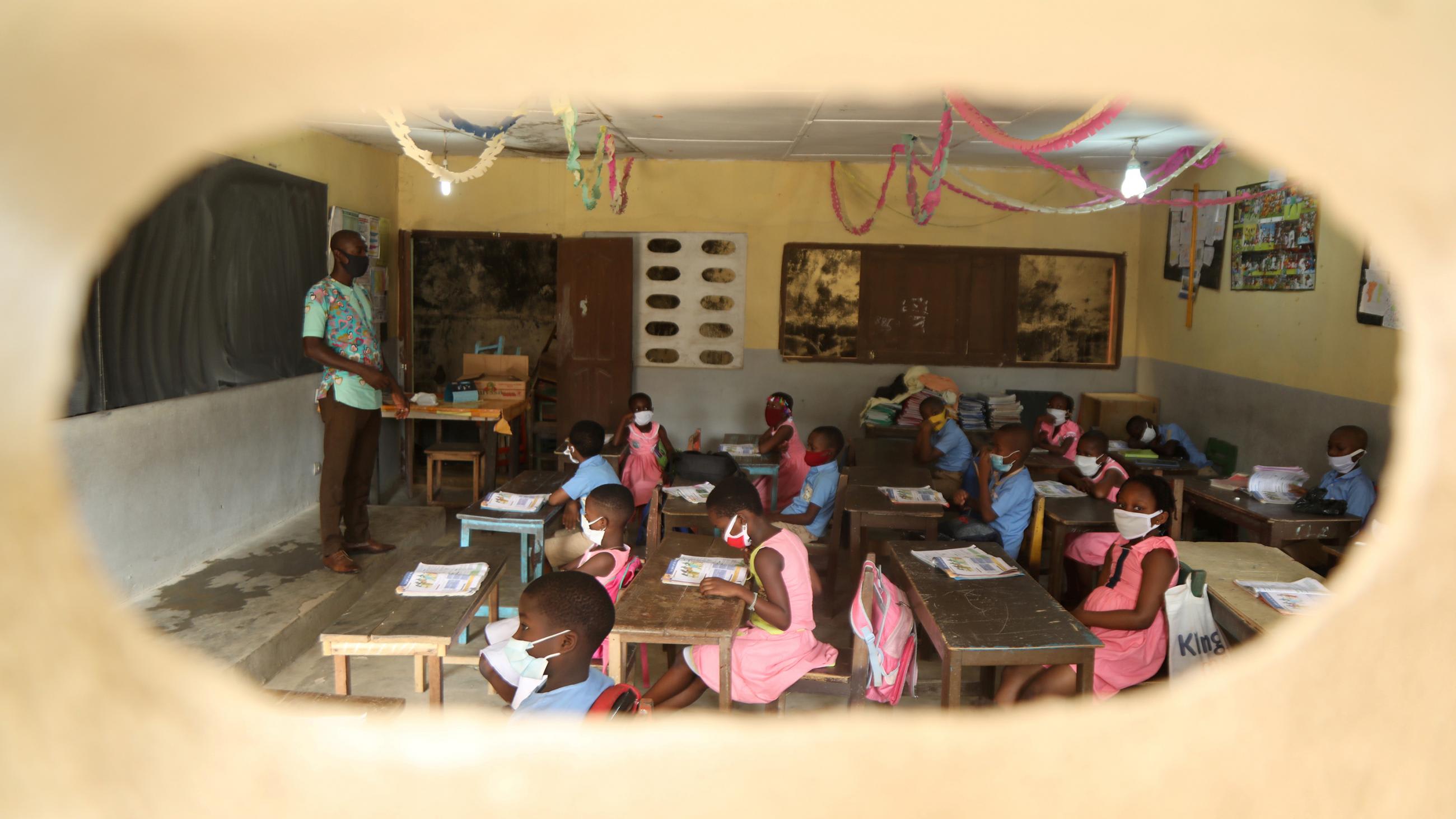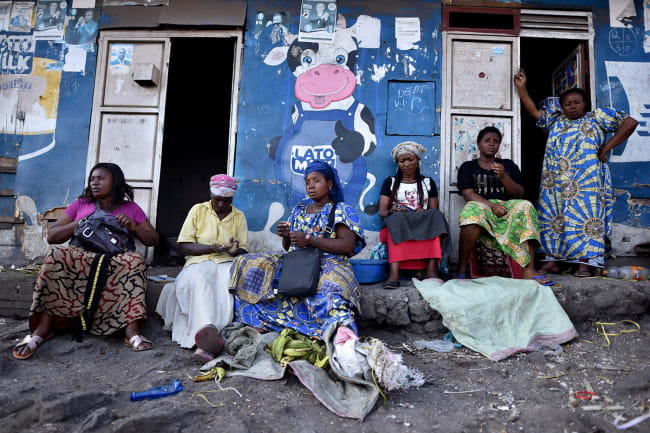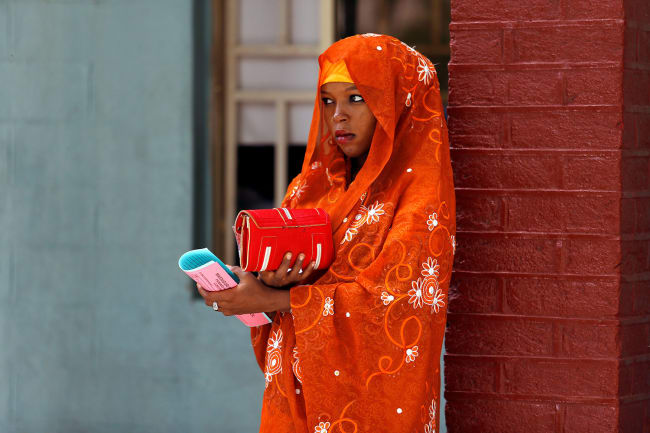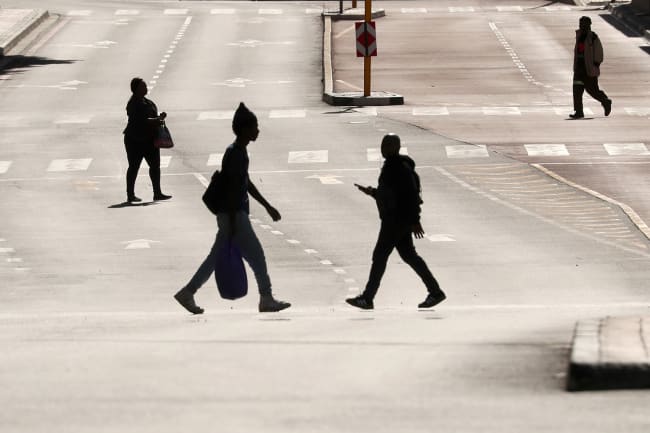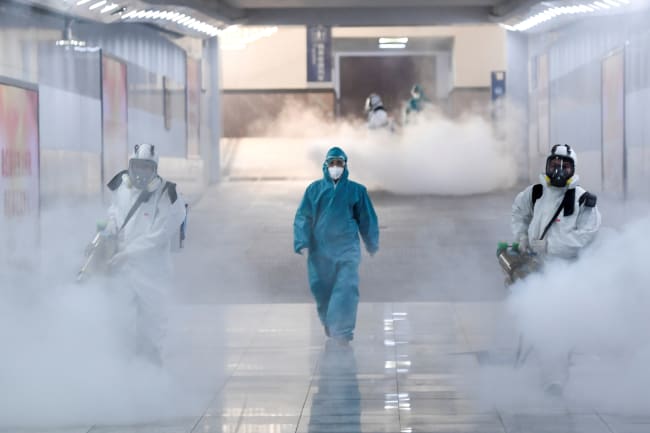There are over a billion Google searches a day. As the COVID-19 pandemic spreads across Africa, residents in African countries are using Google and other search engines to seek information about the disease. We recently looked at about 3,000 search questions from twenty-one African countries with a total population of 796 million to discover what information people are looking for most frequently. The countries were: Uganda, Zambia, Zimbabwe, Libya, Malawi, Mauritius, Namibia, Nigeria, Rwanda, Sierra Leone, Somalia, South Africa, Tanzania, Kenya, Lesotho, Ethiopia, Gambia, Egypt, Ghana, Cameroon, and Botswana.
These searches represent a rich trove of information for public health officials: they can reveal gaps in what the public knows about COVID-19 and what topics public health officials need to clarify. We identified four areas of opportunity for public health officials to provide much-needed guidance to the general public.
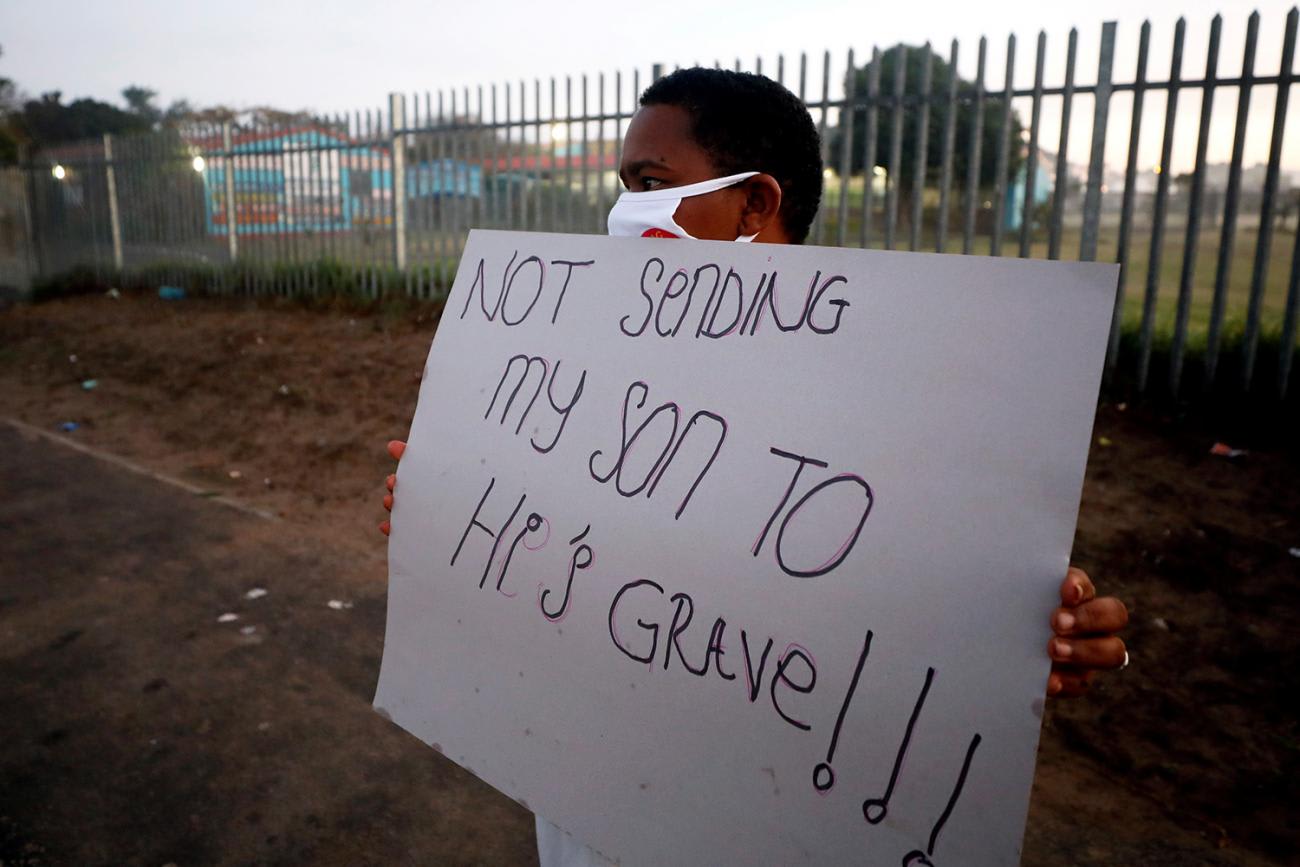
Opportunity #1: Include FAQ's on Websites Devoted to COVID-19
Public health organizations with webpages focused on providing COVID-19 information should consider including frequently asked questions that correspond to frequently searched topics. The top searches were questions about the nature of the virus—how and where it survives.
Top searches were questions about the nature of the virus—how and where it survives
On average, all twenty-one countries had about seventy popular questions. These included questions such as, "where does coronavirus really come from?" to "why coronavirus is really dangerous/deadly?" to "can coronavirus be treated?" and "how is coronavirus spread?" Some of these questions have been answered on public health or COVID-19 specific websites such as the U.S. Centers for Disease Control and Prevention (CDC) and the World Health Organization (WHO) COVID-19 website. However, it is not obvious that people know where to look for answers, so there is plenty of need for local, trusted websites to offer ways for the public to access accurate health information.
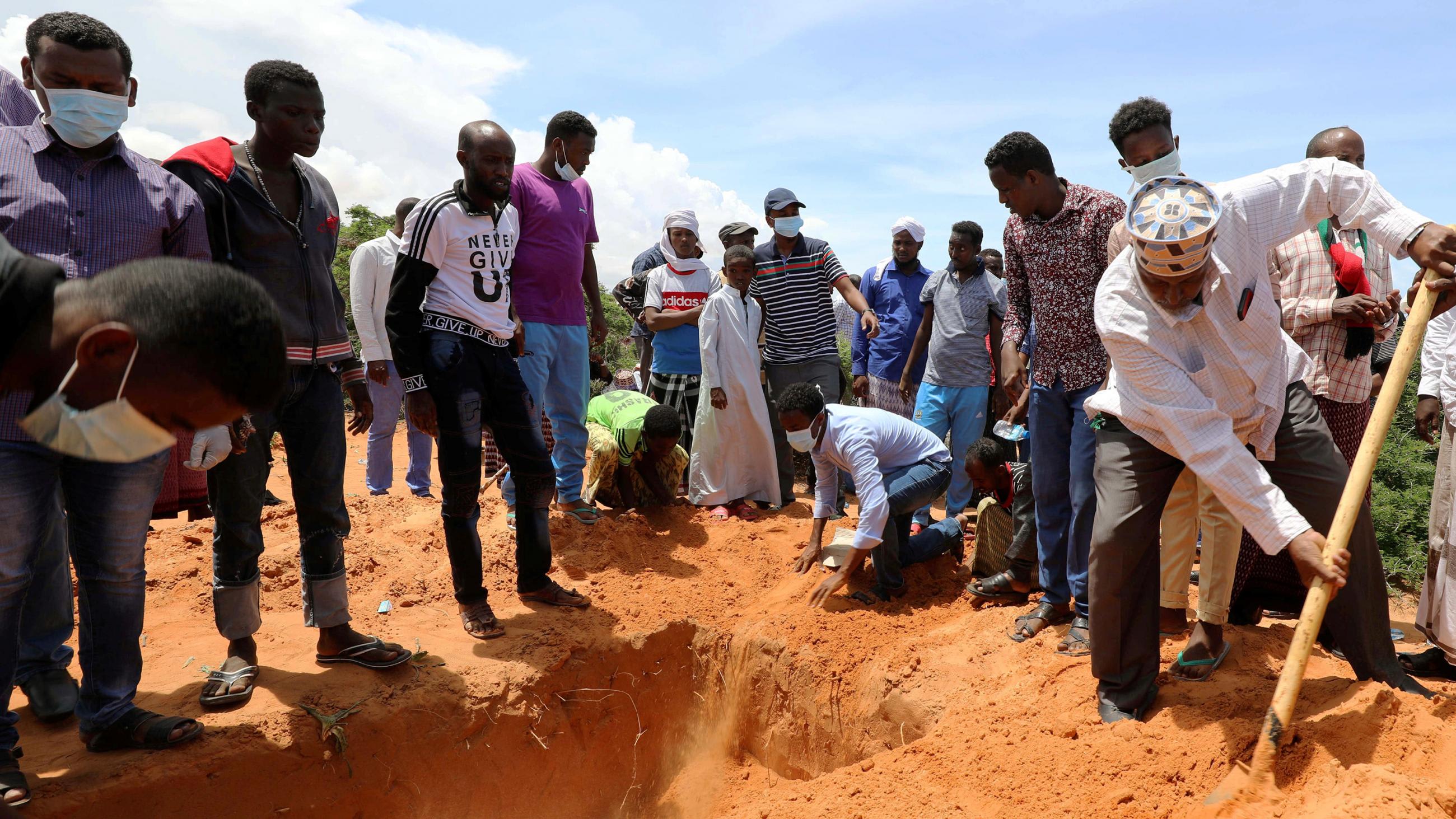
Also, some questions have been answered but the responses are lengthy, not easy for the general public to understand or not specific to the African context.
For example, the question "why coronavirus is worse than the flu" was asked across all twenty-one countries. People who have had a cough and other flu-like symptoms in the past might have used herbal treatments or home remedies without ever visiting a doctor. Without clearly understanding how COVID-19 is different from the flu, some people might choose to use the same remedies to manage COVID-19 symptoms instead of seeking medical care.
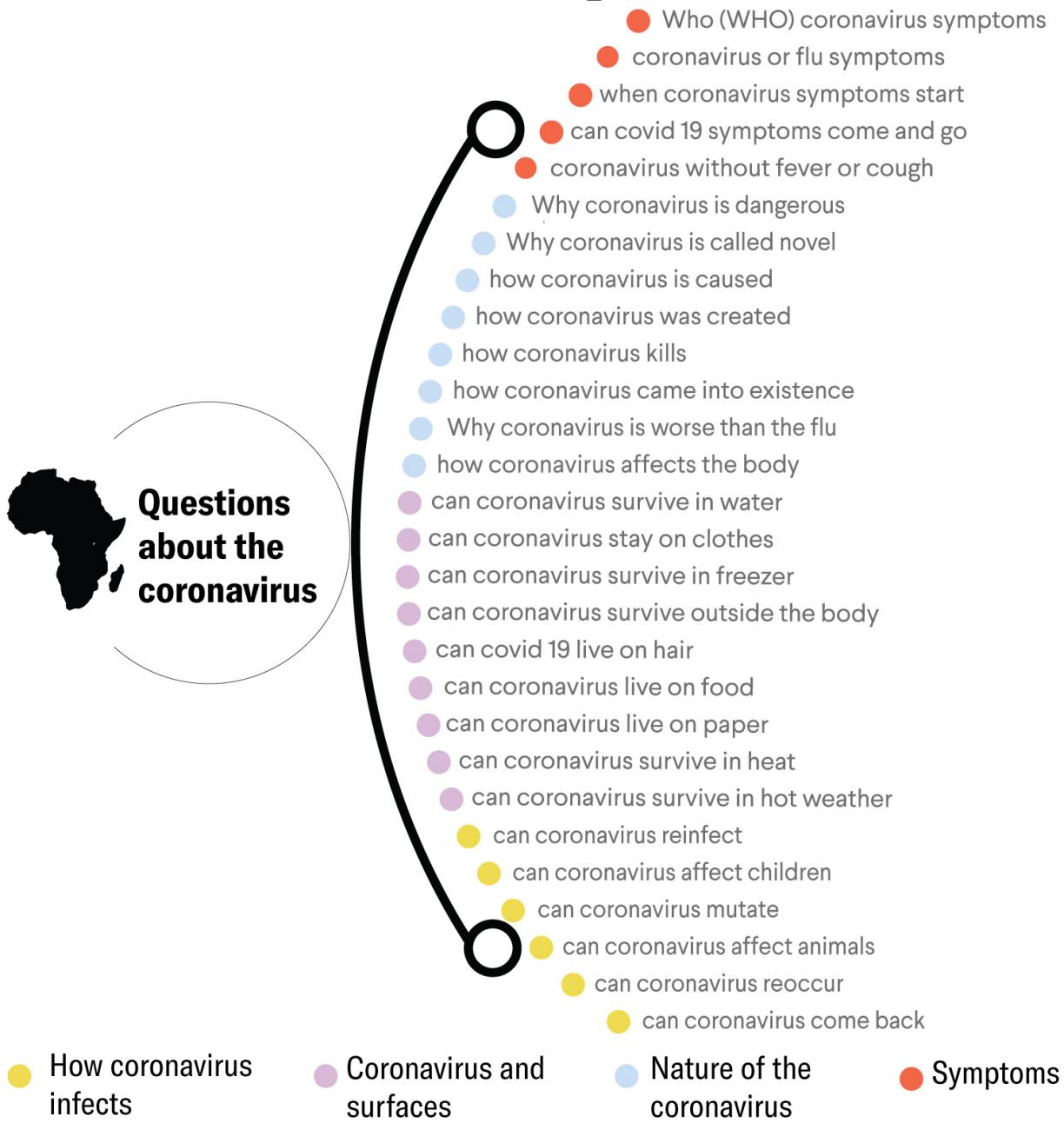
Opportunity #2: Address Unanswered Questions
There are many unanswered questions about COVID-19 in Africa. However, emerging research that provides insights into how COVID-19 is affecting different populations in Africa can be used to start responding to people's concerns. People searched for information on how coronavirus affects people with different blood types, people with underlying conditions (such as, Asthma, HIV/AIDS and obesity) and how it compares to other diseases (such as Ebola, H1N1 influenza, the common cold, SARS, and the Spanish flu).
Can coronavirus be transmitted through sex?
One of the frequently searched question in Africa
There is also a need to clarify information on COVID-19 symptoms and spread. For example, we consistently observed searches like, "coronavirus without fever symptoms," and "coronavirus without flu," and "coronavirus without temperature." In addition, the questions about COVID-19 spread ranged from inquiries about its survival on different surfaces (e.g., clothes, mail, food, packages) to "can coronavirus be transmitted through sex?"—a question some might not feel comfortable asking in public.
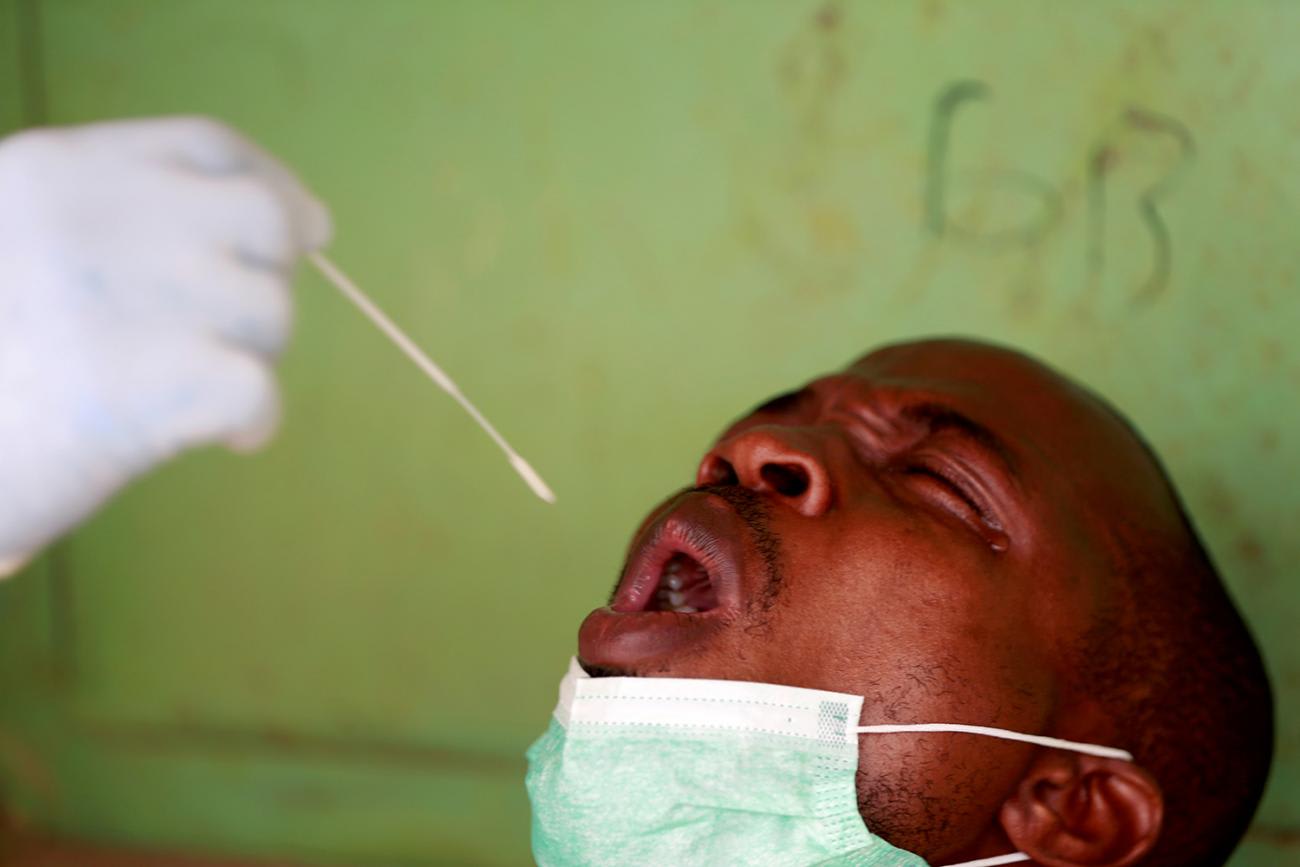
Opportunity #3: Provide Guidance on Testing and Treatment
Access to testing and treatment is another area of confusion. Some African countries have not clearly stated whether people themselves or the government will pay for testing and treatment. This creates a challenge for people who cannot afford the cost of the clinical care. They have to decide whether to inform public health officials of their symptoms when they become sick. This can be seen in the questions people are searching for, from "are coronavirus tests free," to "when will coronavirus testing be available to general public," to "will COVID-19 testing be mandatory."
People are also asking whether the COVID-19 disease can be treated, how it is treated, and whether the herbal tonic promoted by the Madagascan government can actually cure the disease (there is no scientific evidence that it does).
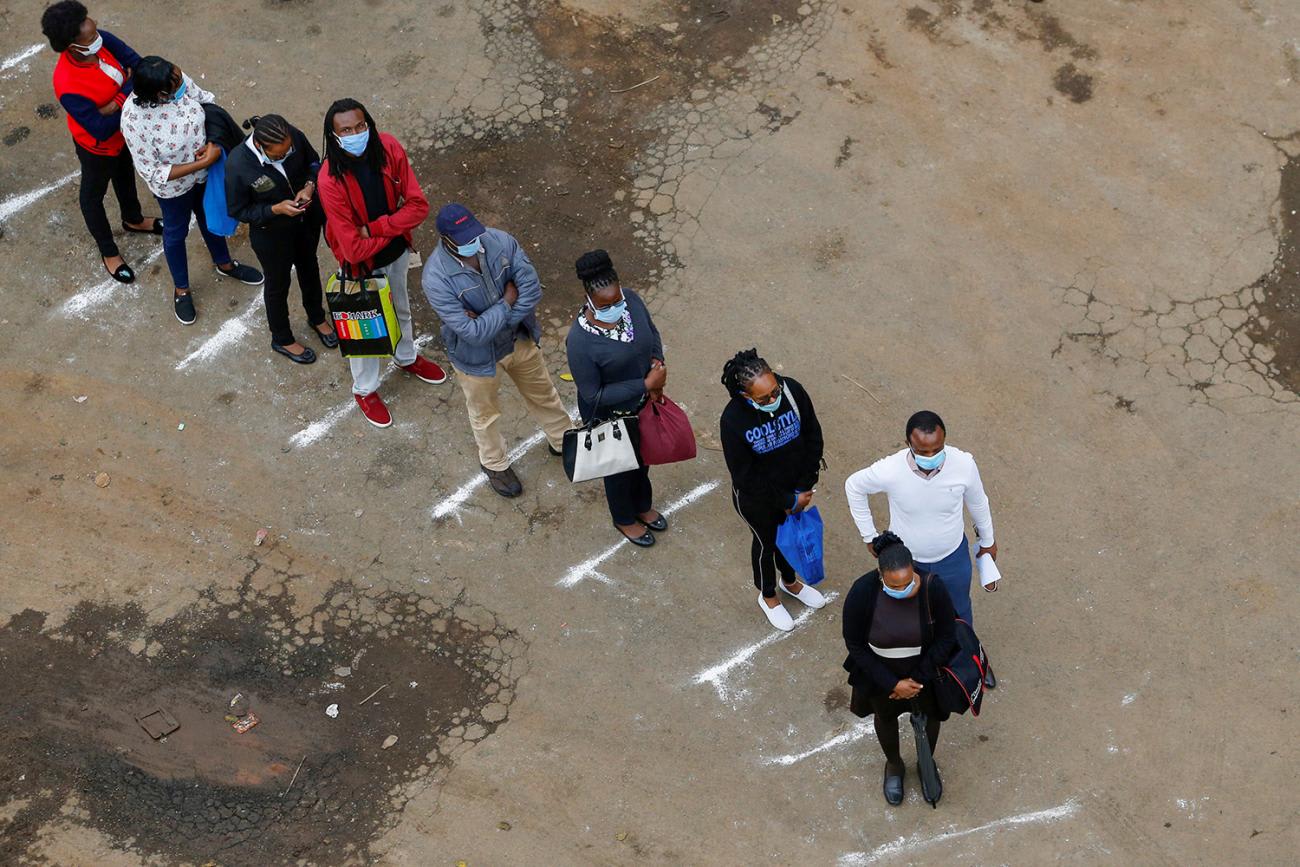
Opportunity #4: Help People Navigate a New Reality
The focus of the search queries shifted between March and May of 2020. While initial searches were mostly for general facts about the virus—such as, "when do coronavirus symptoms start?" and "why coronavirus is called novel"—later queries have focused more on transmission, symptoms, social distancing, the economic impact of the pandemic, and testing. This suggests that people are trying to understand how to live with COVID-19.
People are trying to understand how to live with COVID-19
As African countries reopen, surveillance of both the disease and the public's information needs are important in the fight against local outbreaks. Public health officials can better educate the public if they know what types of information are missing or misunderstood. This is especially important when members of the public are making decisions about testing and treatment. Some people might be less likely to report symptoms because they cannot afford to pay for testing or treatment. Changes in search queries over time can reveal public perception, track shifts and emerging local trends, and allow for the design of a tailored, informed and effective approach to educating the public.
